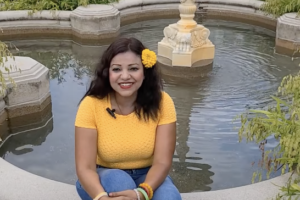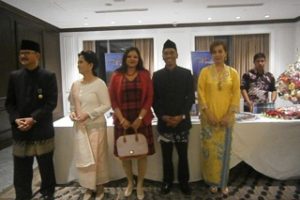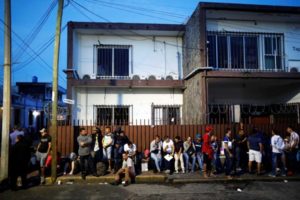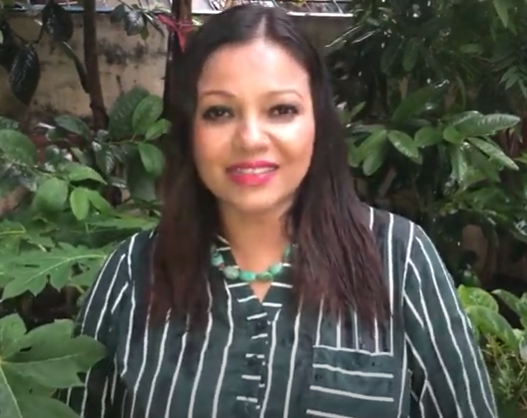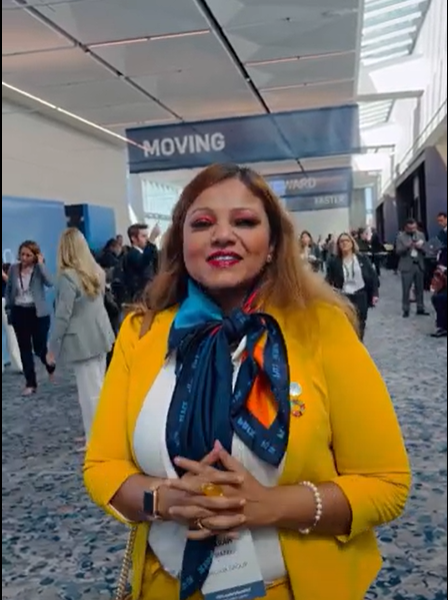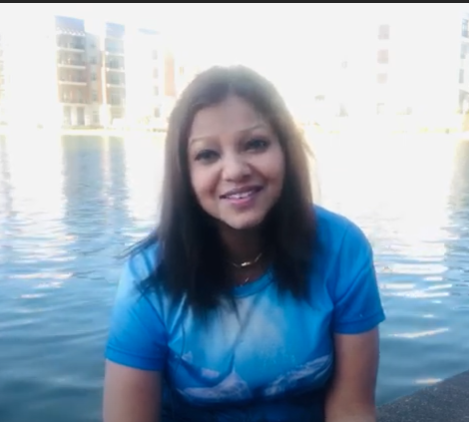As the summer vacation season draws to a close in Italy, a flare-up of COVID-19 cases is fuelling a surge in anti-immigrant sentiment, even though the government says that migrants are just a small part of the problem.
Sicily’s president, Nello Musumeci, ordered the closure of all migrant centres on the island last weekend, saying it was impossible to prevent the spread of the illness at the facilities. And although a court blocked him, saying that he did not have the authority to close them, his order underlined the challenges Italy faces as right-wing politicians seek to rekindle a polarising debate about immigration in a country hit hard by the pandemic.
In Pozzallo, a town in southern Sicily that has the highest rate of infection among newly arrived migrants, Roberto Ammatuna, the centre-left mayor, has found himself trying to balance fears of a coronavirus influx with an obligation to rescue migrants in distress at sea.
“Our citizens need to feel safe and protected, because we are here in the front lines of Europe,” he said in an interview in his office overlooking the turquoise waters of the Mediterranean. “No one wants migrants who are sick with COVID,” but, he said, “we can’t stop rescuing people at sea.”
In one week in August, 73 migrants tested positive out of about 200 quarantined in Pozzallo. About 11,700 migrants have reached Sicily since June, and 3% either tested positive upon arrival or during the quarantine period that the Italian authorities imposed inside shelters.
But Franco Locatelli, the president of Italy’s Superior Health Council, a government advisory body, said migrants’ role in bringing COVID-19 back to Italy was “minimal.”
In the first two weeks of August, around 25% of new infections registered in the country were imported from abroad, according to Italy’s National Health Institute. Over half of those were Italians who had travelled abroad, and many others were foreigners who already lived in Italy and were returning to the country.
Less than 5% of the total were new immigrants, according to Italy’s Health Ministry.
Italy was one of the worst-hit countries when the coronavirus struck Europe this year, with over 35,000 deaths recorded, before a strict lockdown helped reduce the outbreak’s spread. Controls were gradually lifted as summer approached, and a surge of new cases arose, often linked to young people gathering in crowded nightclubs.
Although there have been outbreaks in migrant centres, the seasonal summer flow of migrants heading for Italy across the Mediterranean and from Eastern Europe has intensified fears of a more general resurgence of the virus.
Last weekend, a ship carrying hundreds of migrants from Africa and the Middle East, about 20 of whom had tested positive for COVID-19, circled the waters around Sicily. They were turned away by mayor after mayor, before eventually docking in Augusta, in the southeast.
“Outlaw state,” Matteo Salvini, the leader of the anti-immigrant League party and a former interior minister, said of Sicily on Twitter this week. “An invasion of illegal migrants, a boom of infections, Sicily is collapsing.”
The message being pushed by Salvini, whose political rise was forged by stoking fears of immigration and criminality before he and his party were ousted from the government last year, has been taken up by other right-wing politicians, even as the League has declined in popularity.
“We can’t afford that this land, after all its efforts and the success in the fight against the pandemic, finds itself in a difficult situation because of the lack of controls,” said Massimiliano Fedriga, a League member and president of the Friuli Venezia Giulia region.
This month, Italy’s government banned dancing in nightclubs and dancing halls, recognising that people were letting down their guard. Many regions introduced testing at ports, airports and train stations. But controlling the spread of virus among the roughly 60,700 migrants who live in large shelters scattered throughout the country has been a bigger challenge.
“Foreigners in Italy are more in danger of getting sick, because they are more segregated, live in poorer hygienic conditions and in large groups,” Matteo Villa, an immigration researcher with Italy’s Institute for International Political Studies, said in a telephone interview. “But that has to do with segregation, not with their ethnicity or origin.”
In early August, the virus spread through a migrant centre in Treviso, in northern Italy, infecting 256 of the 293 people housed there, making it one of the country’s biggest recent coronavirus clusters.
“Everybody got it,” Baxso Sanyang, a 28-year-old Gambian migrant who shared a room with two young men who had tested positive before catching the virus himself, said in a telephone interview. “There was no choice.”
Mario Conte, the mayor of Treviso, from Salvini’s party, said that given the conditions in the centre, the spread was inevitable. “This shows a failure by the state,” he said.
Keeping nearly 300 people in one place is “already complicated when things are normal,” he said. But with COVID, “it is completely unmanageable.”
Even as some politicians stir up anti-immigrant sentiments, many Italians say they are far more concerned about people throughout the country letting down their guards after travel links reopened, despite required testing for those coming from many destinations.
In Pozzallo, a 800-passenger boat now offers fast daily connections with Malta, which Italy considers risky after a recent coronavirus outbreak there.
“I am more worried about that and the young going to parties and discos with no face masks to find out two days later that they have COVID,” said Isabel Gugliotta, 17, sitting at a Pozzallo beach bar.
“Why should I worry about migrants?” she said. “Any person can transmit it. We all simply need to act responsibly.”





